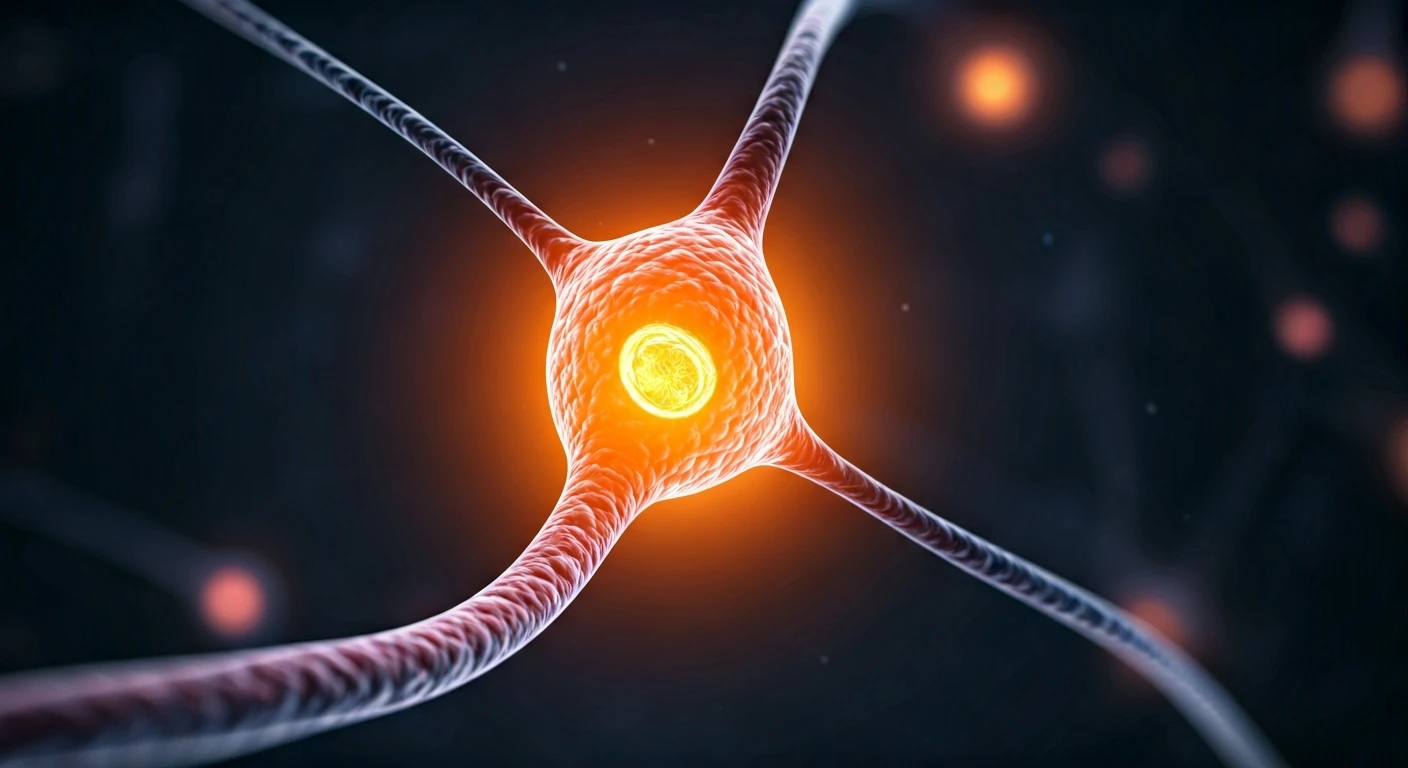Super Hot Tea
One of the most concerning habits identified by the AIIMS gastroenterologist is drinking tea at an excessively high temperature. When tea is consumed at a scorching
temperature, it can lead to damage to the esophageal lining over time. The esophagus, being highly sensitive, is susceptible to burns and irritation from intensely hot beverages. Repeated exposure to extreme heat can result in inflammation and potential long-term issues. Therefore, allowing tea to cool down slightly before drinking is a simple yet crucial step for protecting your esophageal health. This allows you to enjoy your tea safely and without any added risk.
Tea On Empty Stomach
Another crucial point to consider is drinking tea on an empty stomach. This practice can be particularly harmful. When tea is consumed without any food, it can lead to increased acidity in the stomach. This heightened acidity can cause discomfort, heartburn, and may also exacerbate conditions such as gastritis. Moreover, the tannins present in tea can interfere with the absorption of essential nutrients. Therefore, it is advised to pair your tea with a light meal or snack to minimize the potential adverse effects on your digestive system and ensure proper nutrient absorption.
Frequent Tea Intake
The frequency of tea consumption plays a significant role in its impact on liver health. Drinking tea too often throughout the day can strain the liver. While tea, in moderation, may offer some health benefits, excessive intake can overload the liver's detoxification processes. This is especially true if other liver-stressing factors are also present, such as a poor diet or alcohol consumption. It’s always a good idea to balance the enjoyment of tea with a mindful approach to its consumption, ensuring you do not overburden your liver. Consider limiting the number of cups and spreading them throughout the day to help maintain a healthy liver.
Using Tea Bags Often
The convenience of tea bags has made them a staple for many, but their frequent use is worth examining. Many tea bags are made from materials that can potentially leach harmful substances into the tea when exposed to hot water. This is especially true for certain types of tea bags. Furthermore, tea bags often contain microplastics, which can break down and end up in your drink. Consider opting for loose-leaf teas as a safer alternative, or choose tea bags made from natural materials like paper or silk. By making this small change, you can avoid potentially harmful chemicals.
Overly Strong Brews
The strength of your tea can also influence its impact on your liver. Brewing tea for too long or using an excessive amount of tea leaves can result in a very potent and concentrated brew. This strong tea contains higher levels of tannins and caffeine. These compounds can be detrimental to liver health. Tannins can interfere with nutrient absorption, while excessive caffeine can overstimulate the liver. It's recommended to brew tea for the appropriate duration and use a balanced amount of tea leaves, avoiding overly strong brews to ensure that you’re not putting undue strain on your liver. Moderation is key.
Tea with Medications
Combining tea with medications can have unpredictable effects. Some compounds in tea can interact with drugs, either reducing their effectiveness or, in some cases, amplifying their side effects. For instance, certain teas can interfere with the absorption of iron from medications. Always consult a healthcare professional or pharmacist if you are on medication before consuming tea. They can advise you on potential interactions and give recommendations on how to minimize any risks. This helps guarantee your medications work as intended without any unnecessary complications.
Tea with Sweeteners
The addition of excessive amounts of sugar or artificial sweeteners to tea is another practice to be mindful of. Regularly consuming sweet tea can lead to weight gain, which can in turn contribute to fatty liver disease. Moreover, the high sugar intake can cause insulin resistance, and this further exacerbates liver problems. Choosing natural sweeteners in moderation, or reducing or eliminating the sweetener altogether, is a good way to keep your liver healthy. The goal is to enjoy tea without adding unnecessary health risks.
Tea During Meals
Drinking tea right during meals can impact the absorption of nutrients. The tannins in tea can bind to certain nutrients, such as iron and calcium, reducing their absorption in the digestive tract. This can lead to nutritional deficiencies over time, especially for people with pre-existing health conditions. For better nutrient absorption, it’s wise to have your tea either before or after meals. This allows your body to absorb nutrients more efficiently. Make small changes in your habits to maximize your nutritional intake and keep your liver healthy.
Ignoring Tea Types
Not all teas are created equal, and the type of tea can affect its health impact. Different teas contain different levels of compounds, like caffeine and antioxidants. While some teas, such as green tea, are known for their health benefits, others can pose risks if consumed excessively. For example, certain herbal teas might interact with medications or affect liver function. It's essential to understand the specific properties of the tea you are drinking. Researching various tea types and consulting with a healthcare professional will help you make informed decisions. This can ensure you are choosing tea that supports your health goals.
Purchasing Low-Quality Tea
The quality of the tea you choose can have a direct impact on your liver health. Low-quality teas may contain pesticides, heavy metals, and other contaminants. Such substances can be harmful to your liver. Opting for high-quality, organically sourced teas is essential. Look for brands that are transparent about their sourcing and processing methods. Read reviews and choose teas that have been independently tested for contaminants. Prioritizing quality ensures that you’re not only enjoying a delicious cup of tea but also protecting your liver from potential toxins. This proactive approach to tea selection allows you to make a positive impact on your overall health.




















